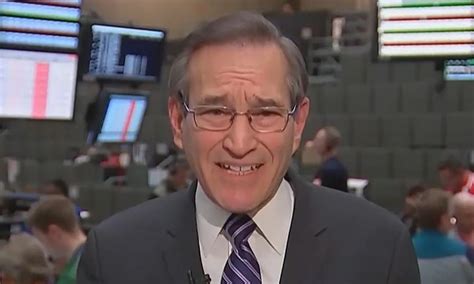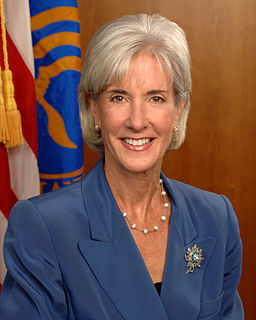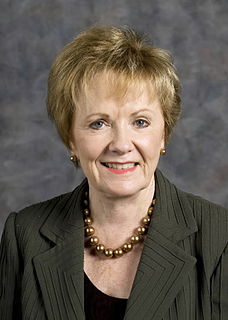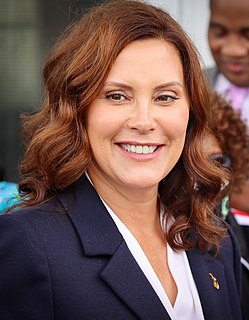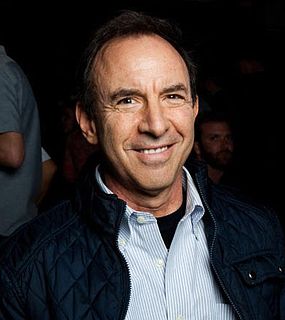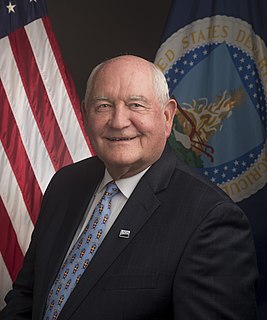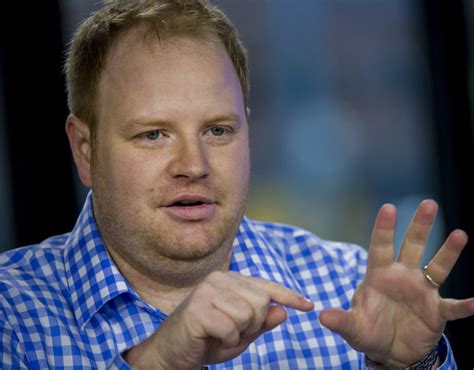Top 1200 Life Insurance Quotes & Sayings
Explore popular Life Insurance quotes.
Last updated on December 23, 2024.
As a physician and a U.S. senator, I have warned since the very beginning about many troubling aspects of Mr. Obama's unprecedented health-insurance mandate. Not only does he believe he can order you to buy insurance, the president also incorrectly equates health insurance coverage with medical care.
Those who devise better methods of utilizing manpower, tools, machinery, materials and facilities are making real contributions toward our national security. Today, these ideas are a form of insurance for our national security; tomorrow, this same progressive thinking is insurance for our individual security-it is, in effect, job insurance.
Insurance is meant for extraordinary circumstances. You don't use car insurance to pay for oil changes or gasoline; you have it as protection in case you have a terrible accident or your car is stolen. You don't use homeowners' insurance to pay your electricity and water bills; you have it as protection in case a fire or other catastrophic event produces a large expense. Obviously, any insurance policy that promises to cover every small, ordinary expense is going to be much more expensive than one that covers only extraordinary expenses.
The best thing that is happening with the health care is premiums will come down. We'll have tremendous competition; you know, we're getting rid of the border state lines, and we're going to have tremendous competition. We're going to have insurance companies fighting, like life insurance. You know, we - life insurance, you have these companies that are like - like going all over the place. We're going to have a tremendous - tremendously competitive market and health care costs are going to be forced down.
We can all instinctively understand the idea of life insurance; most of us will feel an instinctive repugnance at the thought of the viatical industry, or 'dead peasants insurance.' As market thinking penetrated the life insurance industry, a moral line was crossed, and the application of market ideas was taken too far.
Remember life insurance is intended as income replacement to help dependents and or/spouse pay for things that your income would have covered. When you get to the point that you're dependents (Your kids mostly) aren't dependent on your income, you could reduce the amount of life insurance you are carrying.
Health insurance in Germany continues with no change if you lose a job. We do know very well that people who become unemployed are at an increased risk of becoming ill, and therefore becoming unemployed is about the worst time to lose health insurance. So therefore, everyone who loses a job remains in exactly the same insurance system he is in.
Economically, we are gain weaker. Millions of Americans have no health insurance - including many poor children. if they do not get the care they need, they may become scarred for life; but the President George W. Bush vetoed the children's health insurance bill - evidently we couldn't afford it. But we were talking about just a few days fighting in Iraq.
How do commercial interests usually protect themselves from liability claims? Through insurance. In fact, in our society, the litmus test for safety is insurance. You can be insured for almost anything if you pay enough for the premium, but if the insurance industry isn't willing to bet its money on the safety of [biotechnology], it means the risks are simply too high or too uncertain for them to take the gamble.
Right now in the insurance markets, we have sort of a disaster unfolding, a downward spiral, adverse selection, premiums in the individual market going through the roof. People can't afford insurance and insurance companies are losing hundreds of millions of dollars. If you repeal part of Obamacare to get rid of the individual mandate but keep some of the ideas, that people can still buy insurance after they're sick, the situation gets extraordinarily worse. And so what we're seeing now could be tenfold greater if you only repeal part of Obamacare.
Well, I'm telling them two things. One is that, look, this is going to be something when the American people realize - once it's passed - that, A, it does take care of preexisting conditions; B, you're insurance rates aren't going to skyrocket; C, the insurance companies aren't going to be running the show like they were before; D, you're going to be in a position where you can keep your insurance that you have. That once the American public realizes that, you're going to get a reward for this. They're going to be rewarded.
The premise of insurance is to spread the risk. It's the premise of homeowner's insurance, of car insurance, and of health insurance. It's one reason why it's important to have insurance when you're healthy, so that when you get sick, you won't go sign up just when you get sick, because that increases the cost for everyone.
Health insurance, which is exceedingly difficult to secure as an individual in New York. Obamacare, while certainly better than nothing, is pretty awful, and if you have a complicated health history, as I do, you need premium insurance, which means private insurance. The challenge, though, is finding a company that will give you the privilege of paying up to $1,400 a month for it. When I didn't have a job, I spent more time thinking about insurance - not just paying for it, but securing it in the first place - than I wanted to.
The best tool today is longevity insurance - they call it income insurance. Most people know the value of life insurance. But what if you live? So instead of trying to guess one or the other, you plan for those 20 years and you get this income insurance. If you live beyond 85, you have money that's guaranteed for as long as you live in the form of an annuity.
The first life insurance societies where formed in England in the years between 1692 and 1720. In America, life insurance became available to the clergy through the Presbyterian Ministers Fund, founded in 1759 (still in existence), and the Episcopal Corporation, founded ten years later (subsequently merged).
The problem or the fundamental flaw of Obamacare was that they put regulations on the insurance, about 12 regulations, which increased the cost of the insurance. And so President Obama wanted to help poor, working-class people, but he actually hurts them by making the insurance too expensive to want to buy. I had someone at the house just recently was doing some work, and he said: "Oh, my son doesn't have insurance, he's paying the penalty because it's too expensive."



